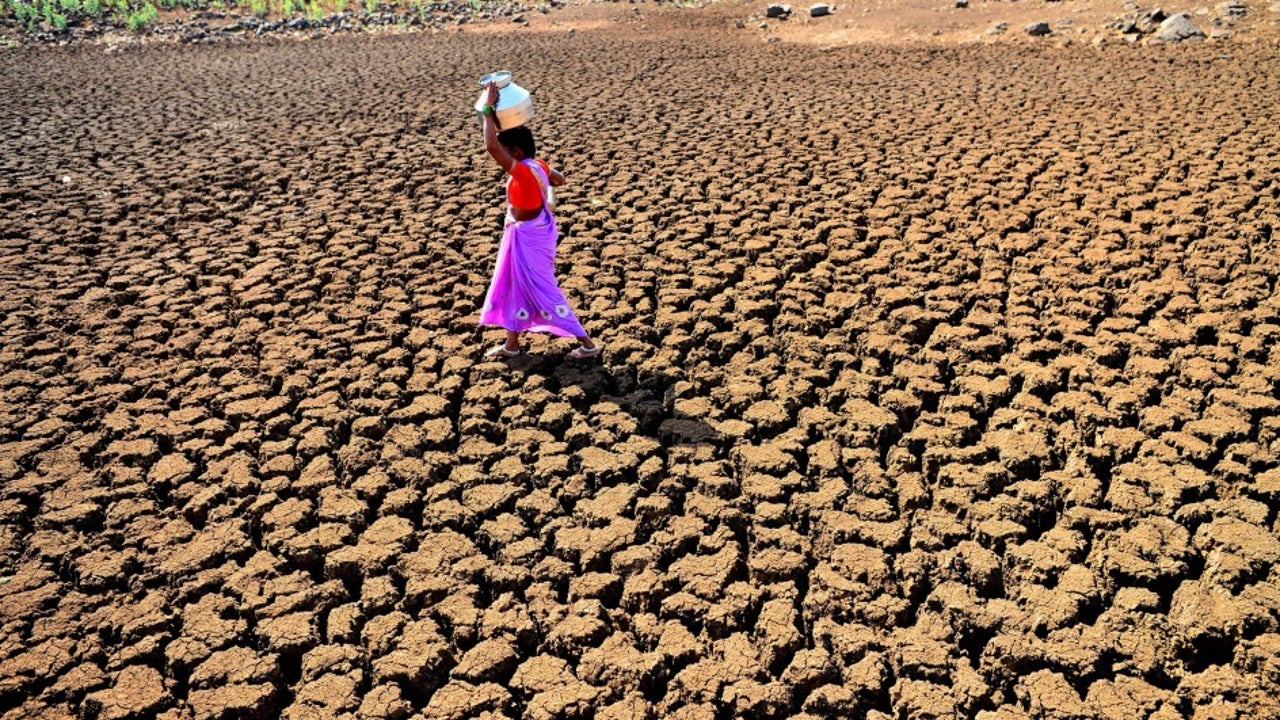
Kim van Daalen is co-author of a paper on lack of diversity on editorial teams in environmental sciences and public health
Journal editors play a critical role in coordinating and shaping what is accepted as scientific knowledge.
Kim van Daalen et al
Only a third of editors on journal editorial teams in environmental sciences and public health are women and less than a quarter are affiliated to institutions in low- and middle- income countries, according to a new study.
The study, “Challenging the “Old Boys Club” in Academia: Gender and Geographic Representation in Editorial Boards of Journals Publishing in Environmental Sciences and Public Health“, published today [21st June] in PLOS Global Public Health, provides the first comprehensive view of the current state of diversity amongst editorial teams in environmental sciences and public, environmental and occupational health on a global scale.
It makes the case that the cross-sections of these fields, such as the field of planetary health, call for interdisciplinary, comprehensive and global solutions as they would “enable more comprehensive and multidisciplinary approaches to addressing these challenges that inherently have varying degrees of global and justice implications.” The authors add that women conduct a significant portion of global health work on the ground, but are not equally represented in global health leadership positions nor on the editorial boards of scientific journals.
The study found that over 65% of editors were inferred as men while more than three-quarters of editors were affiliated with institutions in the Western Europe and Other UN region, which includes Australia, New Zealand, Canada, the US and Israel. In most cases [over 70% of journals], editors were mainly men (>55% of the editorial board members were men) and most of them were based in high-income countries. Only one journal had gender (between 45-55% editors being women or a gender minority) and economic parity (between 45-55% editors were from a low- or middle-income country).
Additionally, it found that 67.2% of editors-in-chief were men based in high-income countries, whilst no editor-in-chief and only 27 editors in total were women based in a low-income country. . Journals with editors-in-chief who were inferred as being women or a gender minority, or who were based in institutions in lower income countries were positively correlated with having more gender and economic diversity in their editorial boards.
The study, which looked at 591 journals with 27,722 editors, also considers some of the reasons for the underrepresentation, including social group bias, which it says could stunt scientific advancement, influence what gets published and hamper career progression in academia.It suggests a variety of concrete ways to improve the situation, such as greater board transparency, gender and geographic quotas, funders requiring more equitable collaborations, exposure to mentors and support as well as clear advancement pipelines for underrepresented groups. Other suggestions include more editorial support for academics who are not native English speakers and the inclusion of early career researchers on editorial boards.
The research team, which included Kim van Daalen [2018], a Gates Cambridge Scholar from the University of Cambridge, was largely composed of a diverse group of early career researchers. The Clarivate Journal Citation Reports were used to identify relevant journals, of which individual’s names, role in the editorial board, institutional affiliation, geographic location, and inferred gender were collected. Further information was added in terms of the United Nations region group, World Bank economic group, and Gender Inequality Index of the academics’ affiliated institutions. After the data was compiled this was then further analysed using various statistical methods to provide descriptive statistics and explore associations between metrics.
The authors write: “In light of global environmental crises and the need for sustainable development, the fields of public health and environmental sciences have become increasingly interrelated. Both fields require interdisciplinary thinking and global solutions, which is largely directed by scientific progress documented in peer-reviewed journals. Journal editors play a critical role in coordinating and shaping what is accepted as scientific knowledge…This analysis considers the broader spectrum of environment and public health journals, in comparison to research focused on specific disciplines. In doing so, this study contributes to the exploration of power dynamics in the creation and dissemination of knowledge.”
**Picture credit: Wikimedia commons and Racaille1950












